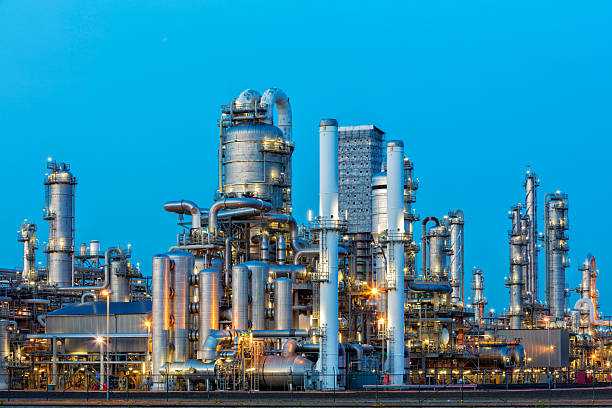Petrochemical plants and refineries both process hydrocarbon derived materials. Refineries focus on fuels production. Refinery products include LPG (liquefied petroleum gas), gasoline (petrol), kerosene and jet fuel, diesel, fuel oils, and coke. Petrochemicals focus on creating intermediates used to produce industrial and consumer products. Major petrochemical processes include steam cracking to produce ethylene (ethane), propylene (propene), and butadiene and aromatics plants producing benzene, toluene, xylene and other aromatics.
At intermediate points in their processes, refineries produce molecules of interest to petrochemical operations, and petrochemical plants produce molecules important to refineries. The easiest molecule to make is the one you already have. Refinery-petrochemical integration works on maximizing the return on the entire hydrocarbon value chain.
This presentation covers a general overview of refinery-petrochemical integration. Key points covered include:
- Short background status on historical status of refinery-petrochemical plant integration.
- Current status in the industry
- Potential benefits
- The players
- Required drivers for success
- The easy targets
- The future
The presentation gives an overview of the entire subject, identifies key technical, economic, and management issues. It is intended to build background knowledge to help refineries and petrochemical plants work more profitably together.
 Refining & petrochemicals
Refining & petrochemicals
